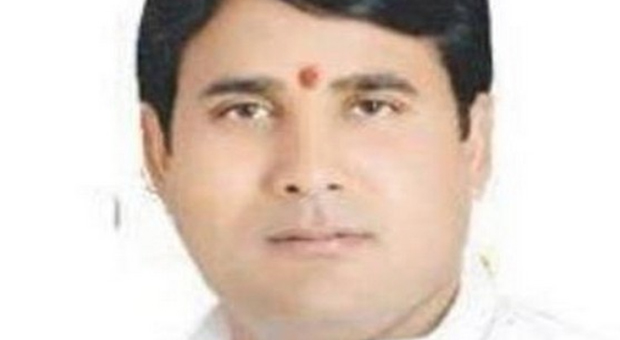
Ghaziabad, Jul 28: Days ahead of Eid-ul-Adha, Nand Kishore Gurjar, a BJP MLA from Loni assembly constituency in Ghaziabad, has stoked controversy as he asked people celebrating the festival to "sacrifice their children instead of animals" on the occasion. He also claimed that "meat spreads coronavirus" so people should not be allowed to sacrifice innocent animals.
"People who want to sacrifice on Eid should sacrifice their children. I will not let people consume meat and alcohol in Loni. We will not let people sacrifice innocent animals because meat spreads coronavirus," the BJP legislator said while speaking to reporters.
"The way people have followed the guidelines of the government by not offering prayers and namaz at temples and mosques to contain COVID-19, in the same way, they must not give the sacrifice of animals on this Eid," he added.
"Earlier, sacrifices of animals used to be done in Sanatan Dharam as well. However, now coconut is offered instead. I request the Muslim brothers not to give 'qurbani' of animals. We will stop those who will perform the ritual animal sacrifice. We will not let this happen in Loni," he said.





Comments
Add new comment